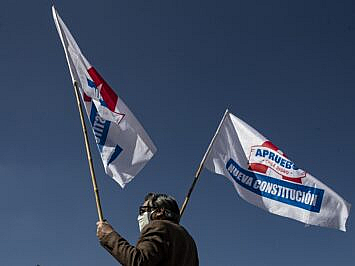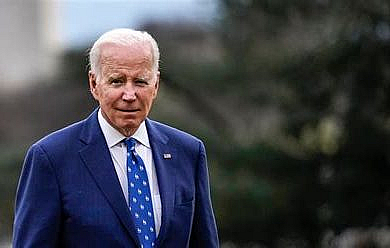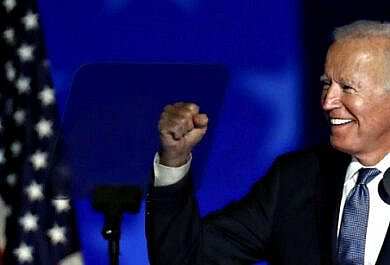Chile will hold a historic vote on Sunday. What’s happening?
Summary
This weekend, Chilean citizens will go to the polls for a referendum over whether the country should write a new constitution.
- Protests have consumed Chile’s capital city Santiago for a year, after an increase in transportation fares sparked calls for a new government. The occasionally violent demonstrations call for improved pensions and access to healthcare, more money for education infrastructure, and an overhaul of the Constitution.
- Chile’s president Sebastian Pinera, a billionaire businessman, is deeply unpopular across the country. He and Chilean congress planned to hold a constitutional referendum in April, but it was postponed due to the COVID-19 pandemic.
- The existing constitution was enacted by former Chilean President Augusto Pinochet, a dictator responsible for the torture and death of thousands of Chilean citizens. Many citizens continue to see the constitution as a painful reminder of his reign of terror, and claim that the document prioritizes economics over social welfare.
- Chile was considered the most prosperous country in Latin America for many years, and its economic model was lauded for stabilizing its markets early on. However, stark economic inequality exists across the country.
- Voters will choose between keeping or scrapping the existing constitution and, if the latter, how a new constitution should be drafted. They may choose to elect a new constitutional assembly or to create a constitutional assembly from already-elected lawmakers. If voters choose to get rid of the constitution and draft a new one, a second referendum will be held to approve or veto the new draft.
![]()
- Argues that the events in Chile relate directly to the concerns of the United States. The Atlantic Council writes that “what is happening in Chile could happen elsewhere” in other countries where inequality is not addressed by existing democratic principles.
- Leans into the narrative that a new constitution could atone for the sins of Chile’s political past. Jacobin calls the referendum “an opportunity to break with the legacy of violence and dispossession that the constitution has upheld,” and The Guardian calls the vote a chance for Chileans to “forge a new path.”
- Raises concerns that the issues which matter to most Chileans are unlikely to be addressed easily or quickly by a new constitution. CNN points out that drafting a constitution of promises is useless if Chile does not have the resources to fulfill them.
![]()
- Reports much more heavily on the violent protests which have consumed Chile in the days and weeks leading up to the referendum than on the implications of the referendum itself. The Wall Street Journal reported on demonstrators who burned, looted, and terrorized the city last week. WSJ columnist Mary O’Grady called the protests riots and alleged that Chileans sought to “intimidate voters into supporting constitutional changes.”
- Points out that the protests have been happening in Chile for over a year, and are only getting more violent. The New York Post called the protesters “an angry mob” and the Daily Caller implied that the referendum would occur only because violent protesters refused to let the country find peace.
- Reports on the strengths and weaknesses of Chile’s existing, free-market-heavy, constitution. National Review calls Chile a “shiny example of…efficient neoliberalism” but points out that Pinera’s government became overly fixated on data-driven policies rather than “common sense” issues and decisions that could impact average citizens.
© Evelyn Torsher, 2020






